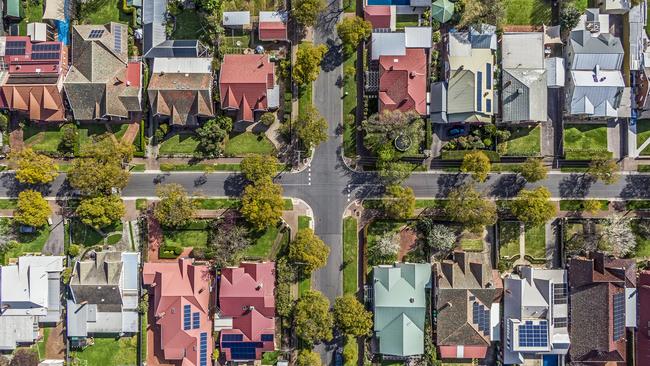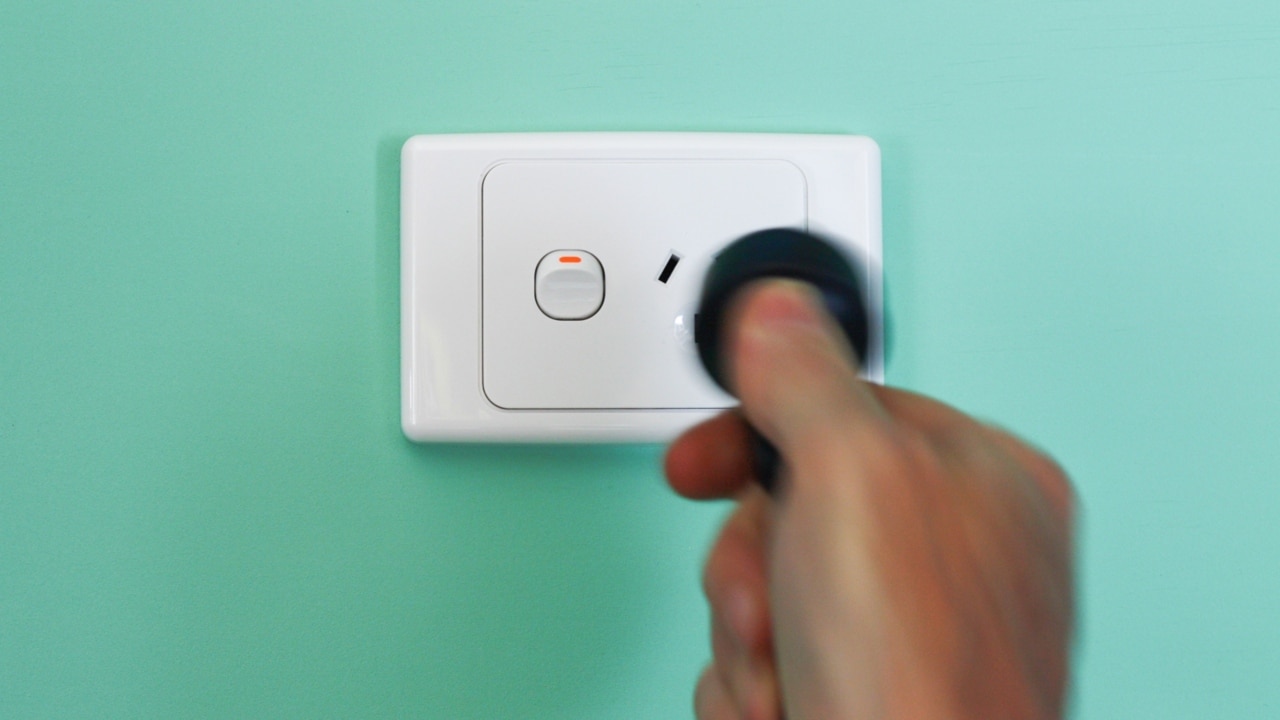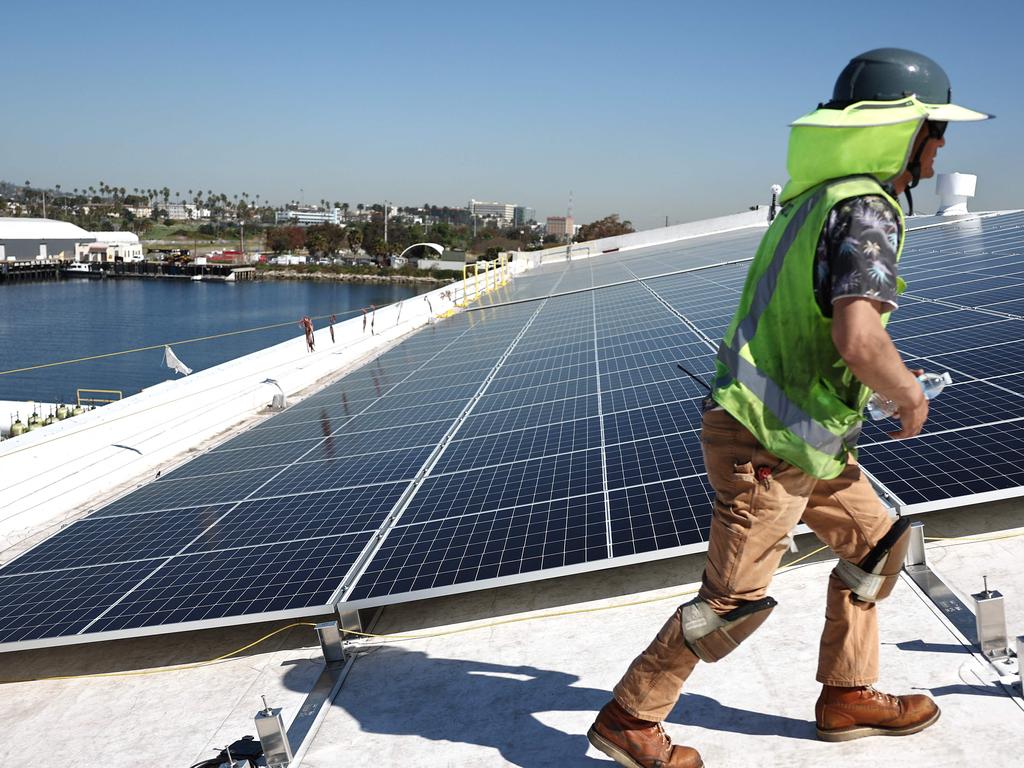Energy companies secure victory in bid for reinforced tariffs
The regulator has quietly assured retailers it will tweak the way it calculates how much bills can increase by, which will bolster corporate margins.

Business
Don't miss out on the headlines from Business. Followed categories will be added to My News.
Energy companies have won a critical battle with the country’s market regulator over household and business bills as authorities move to prop-up a national reference price, a move that will bolster corporate margins.
The Australian earlier this year revealed how a spate of energy companies had urged the Australian Energy Regulator (AER) to change how it calculates the default market offer, the annual prices households and businesses pay, to reflect the surge in rooftop solar that is distorting the market.
In a win for the industry, The Australian understands that the AER has indicated to the sector that it will tweak the formula, a change that will likely lead to a higher default market offer than what would have been delivered without any alteration.
The AER did not comment specifically when contacted by The Australian.
“We are currently working through the DMO [2024/25] determination process, considering the issues as set out in our issues paper. We are always considering the impact of the changing market when we set prices. This year we have access to new customer consumption data (interval meter data. This enables us to consider new options for representing usage patterns in our model,” said an AER spokesman.
The default market offer is calculated annually; the AER considers the wholesale cost of electricity, the toll of transporting electricity and the cost of compliance with government rules and regulations.

Only a small minority of households and businesses are on the default market offer as retailers typically offer discounts to entice customers. But retailers insist if the default market offer is not allowed to rise in accordance with market conditions, fewer customers will be offered discounts.
The wholesale electricity price, however, is the biggest component. But a rapid rise in the number of households with rooftop solar means the wholesale price is often below zero. Retailers will pay households a so-called feed-in rate for solar exported back to the grid, which they say is exacerbating their financial strain.
“They had to change it. If you look at South Australia, some parts of the day – there is more rooftop solar than there is demand. If a company owns a coal power station, they are losing money and they have to pay these households a feed-in tariff,” said one industry executive.
Retailers privately stress their margins are at the lowest levels on record despite a public perception to the contrary.
But in aiding retailers, sources have told The Australian that the AER has indicated accepts a need to change the model – an alteration the industry accepts is likely to inflate the default market offer beyond what it would otherwise had been,
While implementing the change however – the industry and AER may hope the impact will be overshadowed amid expectations that bills will moderate after a period of sustained and significant price increases.
Households and businesses have endured two annual price increases of more than 20 per cent, gains that have fuelled inflation and added to a cost of living crisis.

Ironically the surge in household bills has incentivised more and more households to bolt on rooftop solar as they seek shelter from the surging prices.
The influx of solar has allowed those households to reduce their bills, while the wider market benefits from lower wholesale prices – albeit it will strain the wider retail industry.
Households and businesses, however, are likely to receive some respite with new tariffs expected to be announced the week beginning March 18.
Market sources said the draft ruling is likely to show a small increase at most and could be in fact little changed as wholesale prices tumble amid an end to a global energy crunch and government measures to curtail rampant electricity prices.
Muted increases will be cheered by authorities, which are under sustained pressure to temper cost of living pressures.
But limited increases will intensify pressure on the industry, particularly the likes of AGL and EnergyAustralia – analysts said.
“The macro environment is unchanged, electricity prices are settling to lower levels, which flows through AGL earnings. [default market offer]/[Victorian default offer] drafts will be a reminder of the potential impact. The progress on renewables/storage is positive but slow. Risk is government intervention,” Macquarie said in a note on Thursday.
Sustained increases to the default market offer has allowed the country’s heavyweights to repair their balance sheets after slumping to heavy losses.
The fortunes of the industry have also been aided by a tempering of the wholesale market.

Originally published as Energy companies secure victory in bid for reinforced tariffs





